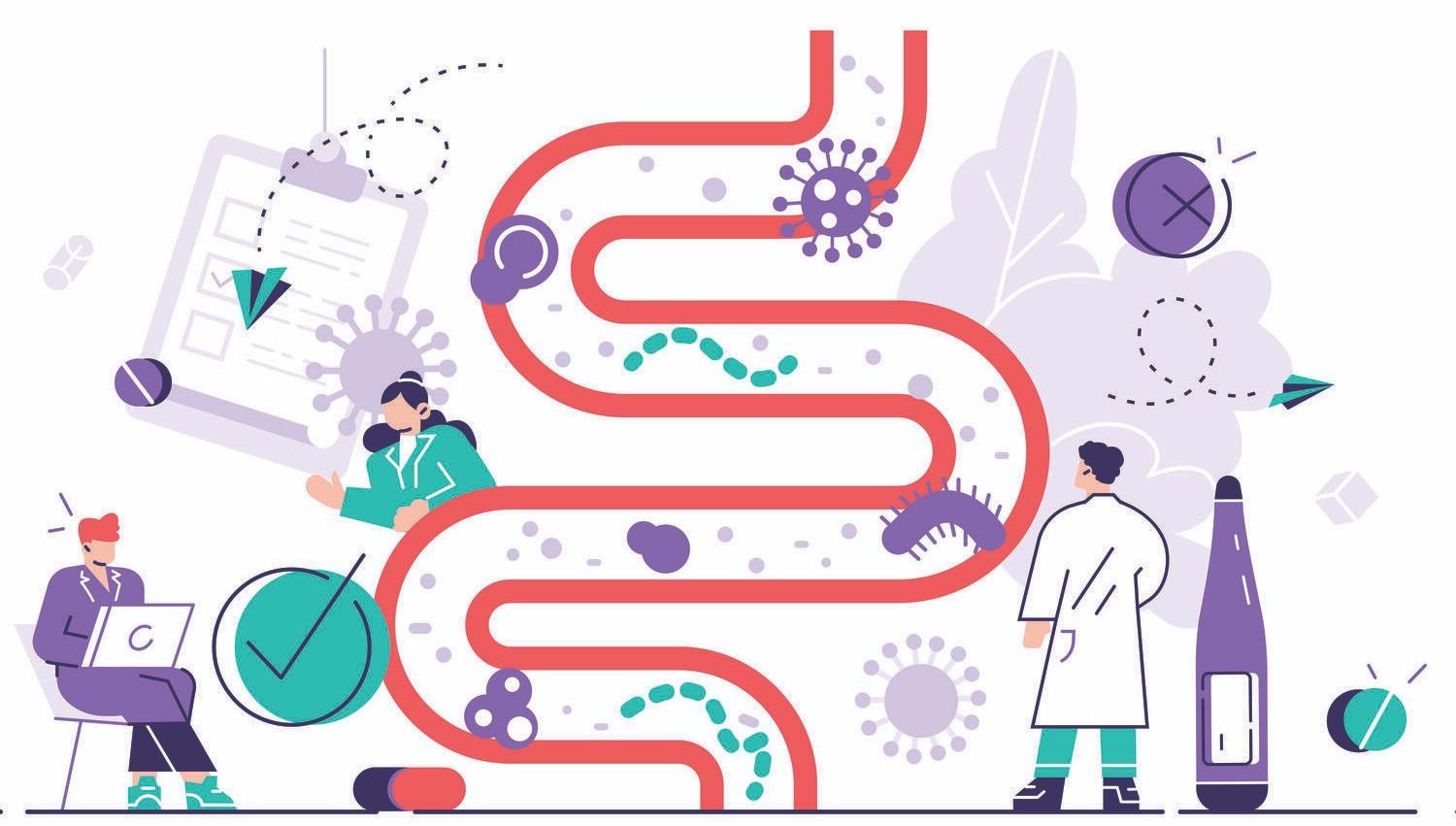A human rights activist and a team of anthropologists and human biologists are scrutinizing how Indigenous peoples are involved in microbiome research.

Image Credit: Shutterstock
While demand for increased ethical research involvement in the biological sciences has been made before, this method, published on May 16th, 2022, in the journal Nature Microbiology, is the first to address the microbiome sciences from an interdisciplinary point of view.
The gathering of microbiome data from Indigenous communities offers a range of ethical issues, according to an international consortium of researchers from the University of Nevada Las Vegas, the University of Arizona, the University of Oklahoma, and the University of Vienna.
The human microbiome is the combination of all microbes that dwell on and in human bodies (bacteria, archaea, fungus, viruses, and their genes). Some bacteria are good, and research into them could lead to new treatments for a variety of ailments (like dealing with inflammatory bowel disease, diabetes, or pathogen infections).
The quest to figure out which of these microorganisms might be the key to unlocking solutions for global health problems in the West has prompted a drive for increased biological sampling in low- and middle-income countries, as well as more collaboration with Indigenous people around the world.
The researchers assume that experts target groups that are thought to be less exposed to environmental contaminants or who eat a “wild” diet comparable to human ancestors, which they claim is not only scientifically incorrect but also insulting to communities.
It isn’t possible to ‘rewild’ our diets or our bodies. There isn’t one ancestral microbiome—and even if there were, we can’t somehow recreate it in the 21st century by studying particular groups of people.”
Alyssa Crittenden, Study Senior Author and Associate Professor, Anthropology, University of Nevada Las Vegas
The authors offer tangible solutions to overcome the logistical and ethical quandaries of gathering biological information from Indigenous populations, drawing on years of diverse work (from anthropology to genomics to Indigenous human rights law).
Effort in the microbiome sciences “has the ability to either benefit study populations or to further marginalize them in their own nations and beyond,” says lead author Shani Mangola, a Hadzabe human rights activist and Indigenous community leader, in the research paper.
Despite the long history of exploitation and colonialism inherent in extractive biological studies, the researchers argued that there is a method to do more ethical research.
They encourage academics to involve and cooperate with participants from the beginning of a study, from concept to publication, data management, and profit-sharing. They also demand that the myth that Indigenous communities’ gut microbiota is somehow reflective of the species’ ancestral state, particularly hunter-gatherers, be disproved—an argument that, by implication, brings participating groups nearer to that ancestral state as well.
While there is no uniform solution, the researchers assume that an open discussion with communities and the construction of an inclusive research infrastructure that satisfies the needs of both those who provide samples and those who collect them is a key first step.
Source:
Journal reference:
Mangola, S. M., et al. (2022) Ethical microbiome research with Indigenous communities. Nature Microbiology. doi.org/10.1038/s41564-022-01116-w.